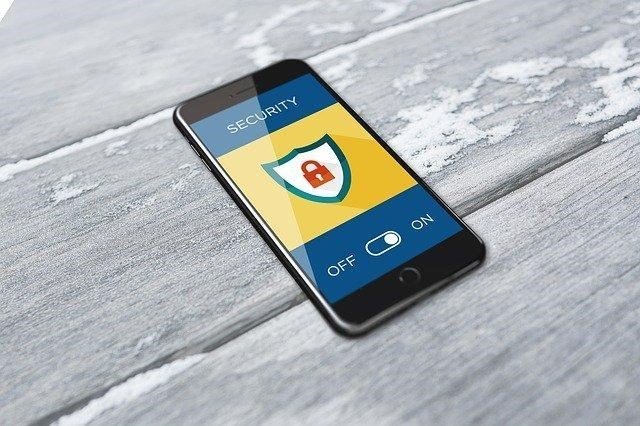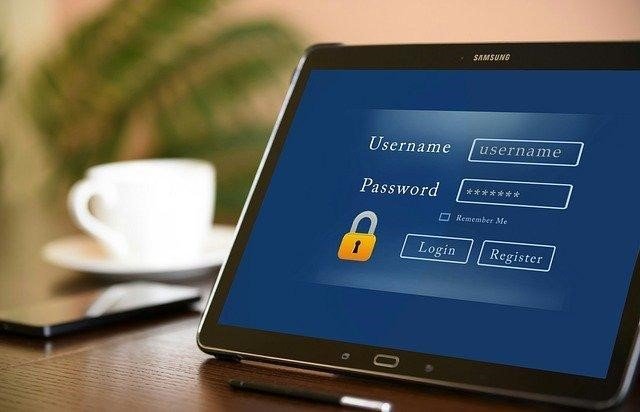We live in a world driven by technology, both in our professional and personal lives. While it’s hard to keep up with all the developments and trends in this arena, we all need to be aware of certain things to stay safe and not be continually compromised by hackers.
One term in particular that everyone should understand is “cyber hygiene.” It sounds rather strange, but it will help you keep your online systems running smoothly and your information much safer.
Cyber Hygiene Explained
The term “cyber hygiene” refers to the development and maintenance of numerous steps people take to keep their own, their family, or their organization’s online security healthy. It covers daily routines, checks, behaviors, etc., that are involved in minimizing the risk of having computers, systems, and networks interfered with, such as by networks being crashed or locked or data stolen.
Benefits of Cyber Hygiene
Cyber hygiene is worthwhile engaging in whether you work from home occasionally or always as an employee or running your own business or simply want to ensure your and your family’s data and identities stay safe from prying eyes. When you take charge of this area of online usage, you will keep hackers at bay more easily and protect not only your information but also customer data or other people’s information that might be on your devices.
Be proactive about cyber hygiene, and you can also enjoy benefits such as identifying unauthorized or out-of-date software on your systems and finding assets that aren’t being adequately managed or accounted for. You might also locate and fix outdated admin privileges. For example, you may find logins that past employees or consultants had who you no longer hire or work with and don’t want to have access to programs or information anymore.
How to Make Cyber Hygiene Part of Your Digital World
There are numerous ways you can make cyber hygiene a priority and up your game in this area. Start by ensuring you’re utilizing comprehensive security software on all your devices. Choose a product that covers against multiple potential threats, such as ransomware, spyware, spam, viruses, etc. It should send real-time alerts if a hacker tries to break into your systems, too.
Plus, a firewall provides an extra layer of security, keeping cybercriminals at bay when they try to break into your networks via an internet connection. Your computer likely already has a firewall pre-installed that you can use (check the settings to ensure it’s switched on), or you can purchase a third-party product.
In addition, it’s worthwhile outlaying some money to buy a secure VPN annual service. VPNs (short for virtual private networks) help to protect your privacy and identity when you browse and buy online. They hide your specific IP address when you’re using the web and stop hackers, government agencies, internet service providers, and others from seeing where you’re logging in from or what you do while you’re online. VPNs are particularly important when using public Wi-Fi services that other people could monitor or access.
Another cyber hygiene tip is always to use password-protected internet at home. Secure it with a hard-to-guess password made up of at least eight characters. Quality codes feature a combination of letters (both upper-case and lower-case), numbers, and symbols and get changed every so often. Be sure to use proper passwords on all the accounts you log into online, too, and to set up codes for your computers and other tech gadgets so that if they get lost or stolen, other people can’t access your info.
You will also be protecting yourself if you run the latest versions of all software and firmware on your gadgets. Hackers regularly break into systems by taking advantage of the security gaps that open up in products over time. Developers plug these gaps when they become aware of them and release updates, but if you’re not utilizing the new versions, you leave yourself more vulnerable to a cybercriminal’s attack. Keep operating systems, games, plugins, apps, browsers, security software, firewalls, and the like up to date for boosted cyber hygiene.
Lastly, back up all your data to the cloud or another secure, external drive often so that if you do get hacked, you at least have all critical details saved elsewhere. Make this, and the other aforementioned cyber hygiene steps part of your routine, and you’ll soon barely even notice that you take these extra precautions to stay safe.
Cyber hygiene may sound like a fancy or overwhelming term to understand, but it’s really just the name for everything we have to do these days to protect ourselves in a digital world.





























































